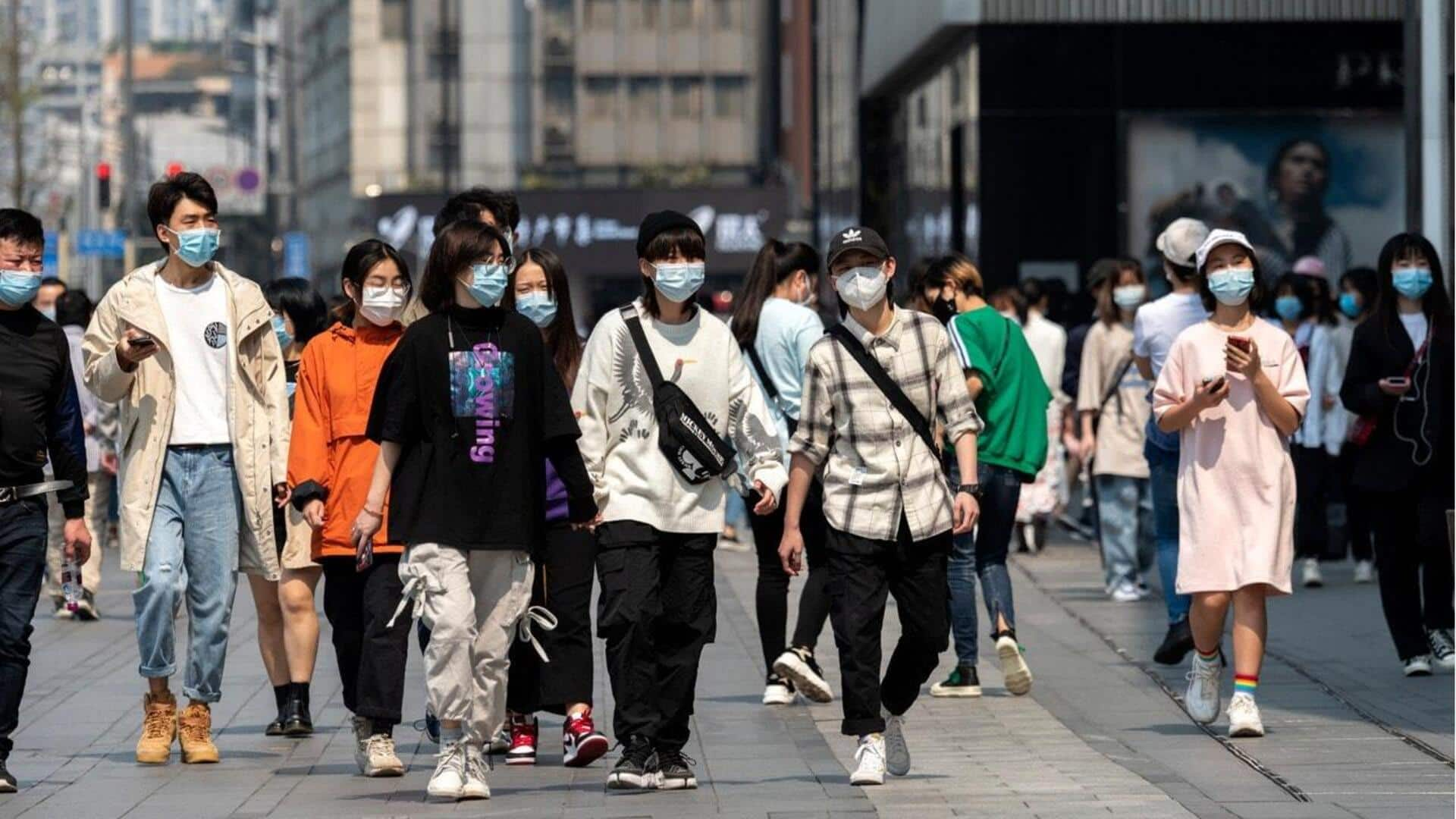
Why China's youths are embracing frugality
What's the story
China's younger generation is adopting a more frugal lifestyle as the economy slows down. With youth unemployment (16-24) peaking at 18.9% in August 2025, and fears of job losses, many are cutting back on spending. This shift has led to a rise in social media influencers promoting budget-friendly living tips. One such influencer, known online as Zhang Small Grain of Rice, shares minimalist lifestyle hacks with her 97,000 followers on Xiaohongshu.
Frugal influencers
Influencers cash in on trend
Another influencer, Little Grass Floating In Beijing, shares budget cooking tips and claims to spend just over $1 on two meals. He has saved over $180,000 in six years by living frugally, the BBC reported. These influencers are capitalizing on the current economic climate, where domestic consumption is low and saving is preferred. Despite government efforts to boost household consumption, it remains only around 39% of GDP in China compared to about 60% in developed countries.
Economic outlook
Youth's mindset shift
China's youth are also more pessimistic than previous generations, with many feeling insecure about their jobs and future. A young woman in Beijing was quoted as saying, "Right now, making money is more important to me," reflecting the sentiment of many. The transition from a manufacturing-based economy to a high-tech one has left many graduates underemployed or in low-skilled jobs like delivery drivers.
Economic transition
Broader economic challenges
China's export-oriented and investment-driven economy is facing challenges amid geopolitical uncertainty. Helena Lofgren from the Swedish Institute of International Affairs warns that heavy reliance on exports could hurt domestic consumption. Deflation is also a concern as consumers wait for lower prices before making purchases, which could lead to businesses cutting prices further. Efforts to boost consumption through incentives have had limited impact so far.